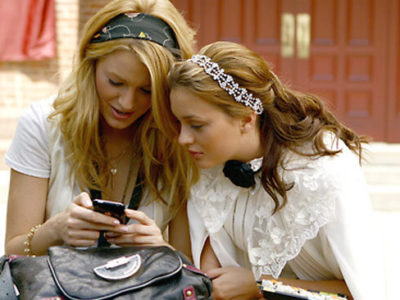When I found out I would be spending this past summer in Denver, Colorado, I couldn’t wait to go hiking in the mountains. Of course I wanted to go hiking to experience the beauty, but I also wanted to get Instagram and Facebook-worthy pictures.
Because let’s face it, if you didn’t Instagram it, did it really happen?
I considered the first couple of times I went hiking successful. Not only did I make it to the top of the mountain, but I also got great pictures to post on Facebook, Instagram and Snapchat. The more I hiked, the more I posted. But the more I posted, the less feedback I got on my photos.
Recalling my hiking adventures up to that point, I questioned why I was so obsessed with posting those photos. Was it for self-approval? Was it to share my experiences with friends and family? Honestly, it was probably a little bit of both.
Still, I’m not the only one caught up with posting on social media. I see similar behavior reflected in my friends, family and even strangers. According to Adweek, 71 percent of millennials check social media sites at least once a day. Clearly social media captivates our generation. But why are we so obsessed with it?
To further my understanding about this, I reached out to UW-Madison Professor Andrew Peck, a PhD Candidate for Communication Arts. “I don’t necessarily think social media makes us more selfish, just more presentational,” said Peck. “And in being more presentational, we’re able to convey sort of idealized versions of who we are. That can sometimes make other people jealous because you don’t think about that presentational nature. It’s there, but it’s subtle. It’s a social norm that you don’t always think about.”
Peck expanded upon this idea by wondering if an engagement announcement on Facebook ever caused a breakup. Did that post make other people envious or make them think about the future? Or did other posts–like of friends traveling the world–spark a twinge of jealousy or a nostalgic feeling? He suggests that people exposed to these posts on social media might have jealous reactions because they only see them in a presentational manner that disregards all other hardships.
This suggests we’re not necessarily obsessed with posting about ourselves, but that we use social media as an opportunity to present a personal brand to our followers in the way we desire. Social media is an instant way to communicate an image and experience-fueled brand to hundreds of people with the push of a button and get feedback.
Miranda Curry, a communication arts major at UW-Madison, questions if there is a competitive nature within social media. “I think social media enforces bragging tendencies, especially on Facebook and Instagram,” said Curry. “If you get a job or buy something nice for yourself, the first thing you do is share it online. I think this supports more of a ‘one-upping each other’ mentality, but not necessarily selfishness.”
This competitive nature within social media and amount of likes and comments may feed the cycle of sharing experiences. If you see your friends post about their night out, don’t you feel obligated to show that you had a fun night also? Perhaps the root of our obsession to post our experiences on social media stems from its main purpose—communication.
“I think the ability to communicate with others in this multi-media way is generally pretty empowering,” said Peck. “I do think that this integration of multi-media into everyday life has done some really good things but it comes down to how people use it.”
So, the next time you post on social media, think about your motives. Are you posting to present your image, compete with others or just inform your followers about your life? While some may say these tendencies are selfish, who really knows? This may just be the reality of how our generation communicates.



















